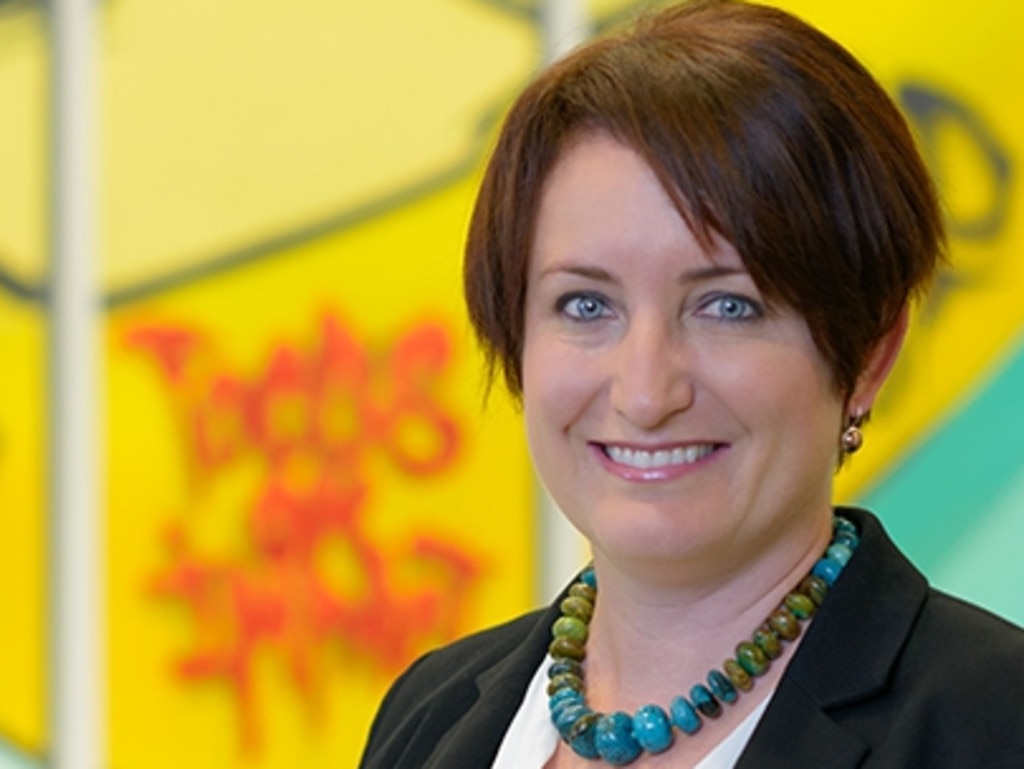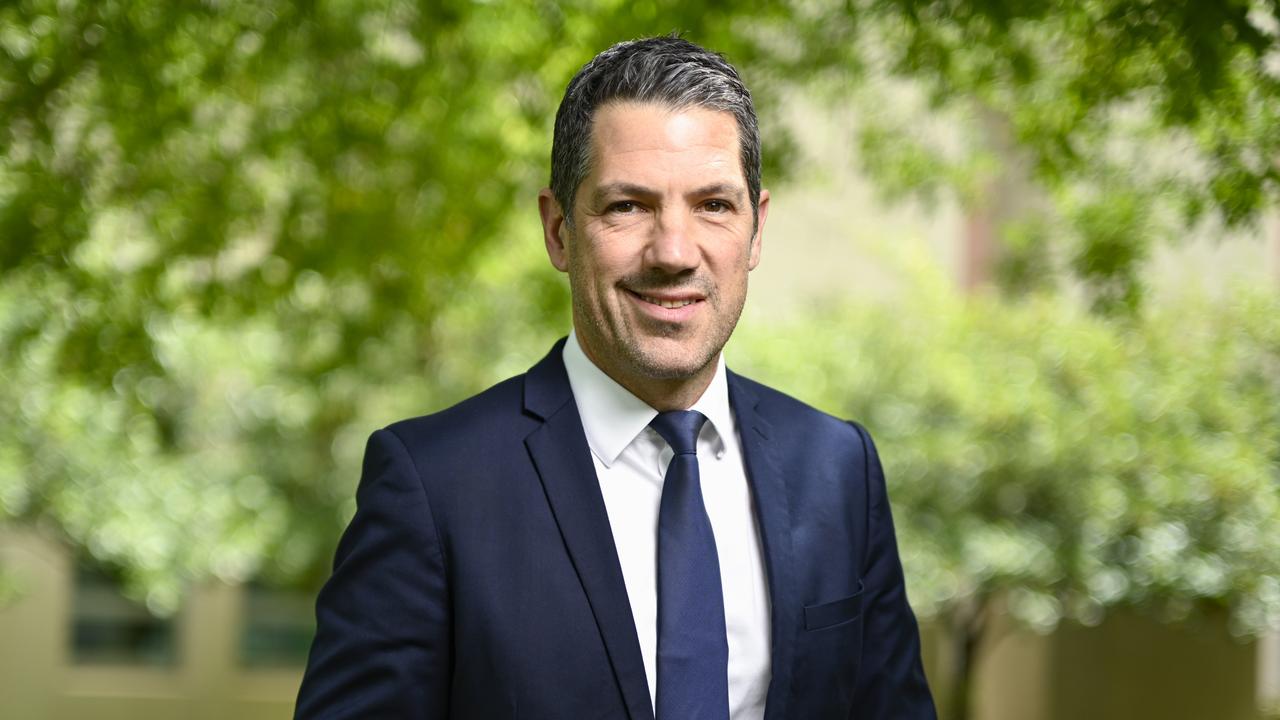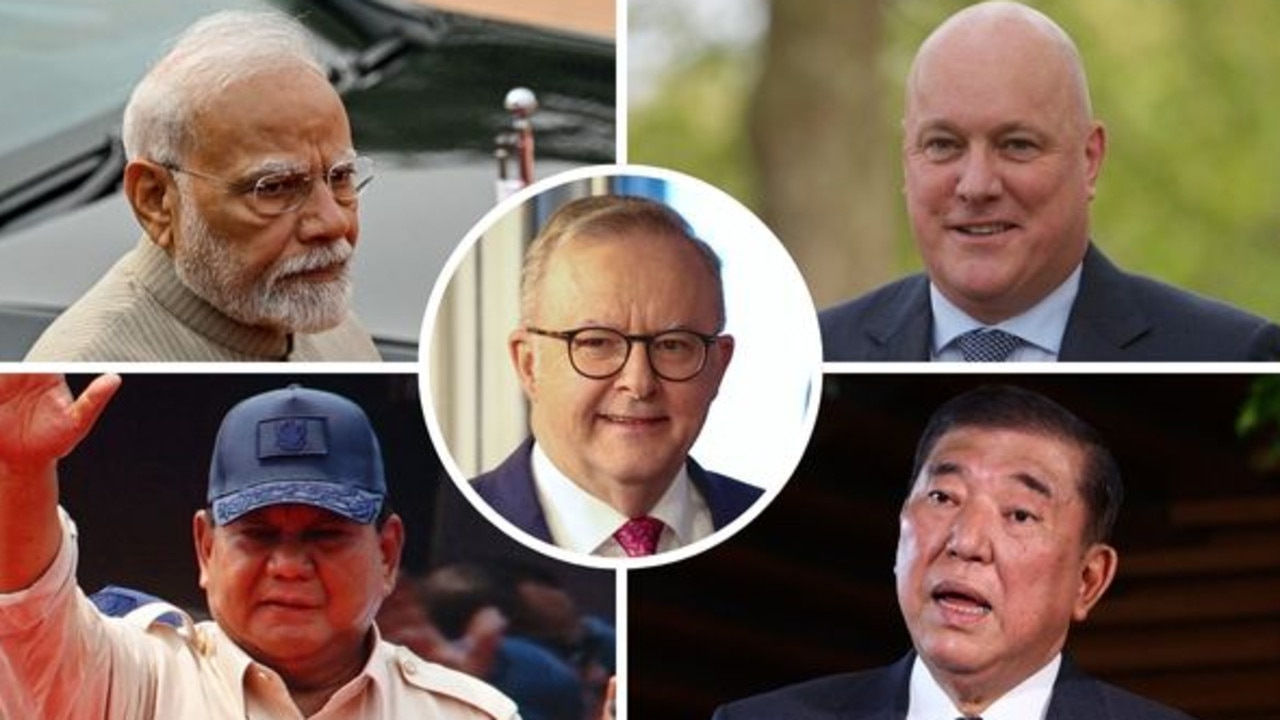‘Dangerous and Orwellian’: Tech giants and lawyers warn on Labor misinformation bill
Labor’s proposed crackdown on misinformation and disinformation on the internet is a ‘dangerous piece of legislation’, social media giants and lawyers warn.

Labor’s proposed crackdown on misinformation and disinformation on the internet is “inherently wrong” and a “dangerous piece of legislation” that could chill freedom of speech in Australia, social media giants and senior lawyers warn.
The world’s biggest social media company Meta – the owner of Facebook and Instagram – told MPs on Tuesday the Albanese government’s proposed laws on misinformation and disinformation “could be abused” and inadvertently harm free and legitimate expression if they were to be passed by parliament.
The US-based tech giant’s Australian head of public policy Josh Machin told a select committee that Meta was concerned about the additional powers the legislation would give to the nation’s media watchdog to set “binding standards” around misinformation and disinformation with tough penalties.
“We can see some potential for that power to be abused, or for it to be used in a way that inadvertently chills free and legitimate political expression online,” Mr Machin said.
Twitter head of global government affairs Nick Pickles said the pendulum was swinging towards greater censorship across the globe, with many countries implementing broad laws with high financial and criminal penalties “that will have a chilling effect on free speech”.
“When these kinds of regulations are being considered, laws need to be drafted as narrowly … as possible with robust transparency and due process because without those you will see a significant deterioration in free expression,” Mr Pickles told the hearing.
Top lawyers, including former NSW Supreme Court judge and anti-corruption advocate Anthony Whealy, told The Australian it would be “easy to politicise the project and equally damaging to democracy”.
“The usual definitions of truth and untruth are very difficult to apply and it’s all very subjective,” he said. “We need to proceed with extreme caution.”
Labor is now facing a war on all fronts if it continues to pursue its legislation that will give the Australian Communications and Media Authority elevated powers to fine social media giants millions of dollars for misinformation and content it deems “harmful”, with Meta, Twitter and lawyers joining Coalition MPs in voicing strong concerns about the proposal.

The “Orwellian” legislation has also come under fire from a group of Coalition frontbenchers for being “straight out of (the novel) 1984”, including James Paterson, David Littleproud, Dan Tehan, Barnaby Joyce and Bridget McKenzie.
Senator Paterson, who chaired Tuesday’s committee hearing into foreign interference on social media, said that censorship was not the answer to tackling online misinformation.
“Social media platforms including Meta are right to be cautious about the government’s proposed mis and disinformation laws,” Senator Paterson said.
“The evidence before the Senate select committee on foreign interference already indicates there are better ways to tackle this problem than censorship, and (we) will provide recommendations for the government soon.”
Tech giants including Meta, Twitter and TikTok are already signatories to a code of practice to combat misinformation administered by industry body DIGI, which was launched in February 2021.
Under the proposal, digital platforms will continue to be responsible for moderating content on their services but the regulator will be able to seek information from tech companies about the measures they are taking to address misinformation and disinformation, and develop an industry-wide standard or a tougher form of regulation if self-regulation falls short.
Examples provided with the draft included misinformation that undermined the impartiality of the Australian Electoral Commission ahead of an election, misinformation that caused people to ingest bleach to treat a viral infection, or spreading misinformation about water-saving measures during a drought.
Communications Minister Michelle Rowland said misinformation posed a threat to the safety and wellbeing of Australians and the government would work with the sector to ensure it adheres to the industry’s code.
“The proposed powers are designed to strengthen the voluntary Australian Code of Practice on disinformation and misinformation – of which Meta is a signatory – which requires signatories to commit to a range of measures to tackle misinformation and disinformation on their services,” she said.
“The ACMA would work with industry to ensure continuous improvement to the voluntary code, and would have powers to make the code enforceable if self-regulation proves inadequate.
“This consultation process gives industry and the public the opportunity to have their say on the proposed framework.”

Victorian barrister Peter Clarke said it was “a disgraceful piece of proposed legislation” and was particularly concerned about the clause that captured the causing of “harm” as disinformation.
He said terms used by the government including references to “hatred against a group in Australian society”, “disruption of public order or society in Australia” and “harm to the integrity of the Australian democratic process” were “so vague as to be dangerous”.
“It’s all tied in with this vague idea of the public good. It’s a dangerous piece of legislation,“ Mr Clarke said.
Sydney barrister Jeffrey Phillips SC said what the bill was trying to do was “inherently wrong”.
“When you start having things like this on contentious political issues, it poses the ability to censor and shuts down debate,” he said.
“It’s very subjective. This is a bad direction for us to be going in,” he added.
Barrister and university law lecturer Sophie York said she was concerned the ACMA could become a PR body for the government.
“Allowing any unelected body to decide what is misinformation would require them to have a wisdom which is just not possible,” she said.
“They can’t possess the wisdom that means they decide what every Wikipedia entry should be on every topic. It’s very hubristic for them to even think that.”
You Tube Australia – which is owned by Google – has revealed it would support the legislation, with public policy and government relations senior manager Rachel Lord telling the committee hearing “broadly speaking we do support giving ACMA powers to enforce the code”.
Chinese video platform TikTok has also indicated it would support the bill, saying it had begun considering the draft legislation and “transparency is something that we welcome”,
In the at-times heated hearing, Senator Paterson accused TikTok Australia head of public policy Ella Woods-Joyce of misleading the committee when she claimed that TikTok did not “censor content in relation to political sensitivities”. WeChat declined to appear before the senate hearing in a move that Senator Paterson said demonstrated “contempt for the parliament of Australia by WeChat and their parent company Tencent”.







To join the conversation, please log in. Don't have an account? Register
Join the conversation, you are commenting as Logout